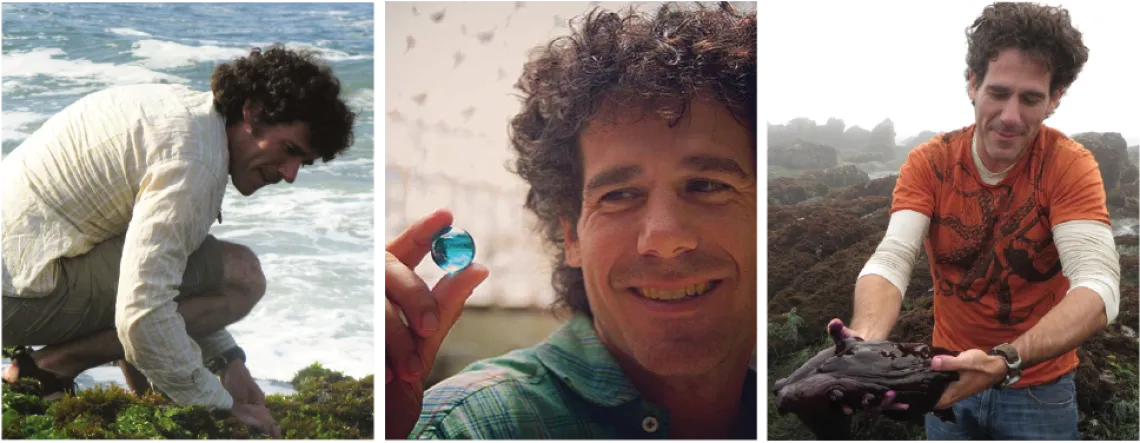
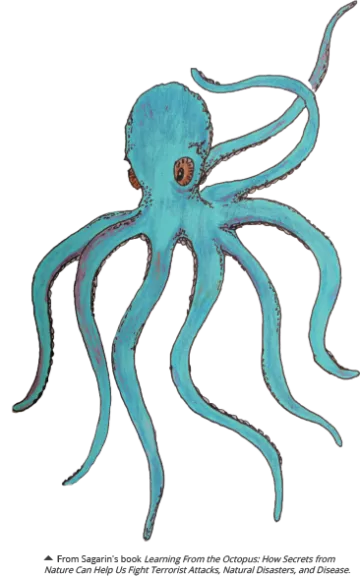
Rafe Sagarin Travel Grant for Carson Scholars
In memory of Carson Scholar mentor Rafe Sagarin, the Arizona Institute of Resilience has established the Rafe Sagarin Travel Grant for Carson Scholars. This award will support travel for fieldwork and other scholarly experiences by Carson Scholars past and present who are current registered graduate students at the University of Arizona through the period of the award.
Travel funds should be used for fieldwork or other experiences beyond the university in recognition of Rafe’s passion for the field and service to the community. Our preference is to support travel for fieldwork, outreach or longer workshops rather than standard academic conferences. A committee of Carson mentors and supporters will select the winning applications.
The Rafe Sagarin Travel Grant was formed in 2016 and took a hiatus in 2020-2023 due to COVID-19 related travel restrictions. We were able to re-implement the Rafe Sagarin Travel Grant in 2024 thanks to our generous donors and program supporters.
Apply Now!
Applications for the 2025-2026 Rafe Sagarin Travel Grant are open now through October 27th, 2025. Eligible applicants are current or former Carson Scholars who are presently enrolled in a graduate degree program at the University of Arizona. Past Sagarin Grant recipients are eligible to apply, but preference will be given to new applicants in the selection process.
Selected applicants can receive up to $1,500 to support their travel needs before the end of 2026. Multiple awards are available. Grant recipients will be asked to complete a post-travel summary after completing their travel supported by this grant.
To apply, please complete the Rafe Sagarin Travel Grant Application Survey by 11:59pm on Monday October 27th. This survey will require you to fill out some demographic information, and attach a combined PDF containing the following documents:
- Recent CV (5 pages or less)
- 1 - page statement outlining:
- Your planned travel dates
- How the travel award will advance your scholarly work
- How your planned travel relates to the spirit of the Carson Scholars Program
- How your travel connects to environmental resilience/sustainability more broadly
- A detailed budget of all anticipated travel costs (transportation, accommodations, etc.), including matching funds and how other expenses will be covered.
Questions about the Rafe Sagarin Travel Grant can be directed to Maia Schneider at maiaschneider@arizona.edu.
Dr. Rafe Sagarin
Rafe Sagarin (June 20, 1971 – May 28, 2015) was a founding and inspiring mentor for the Carson Scholars program since its inception in 2011. He was a marine ecologist and environmental policy analyst at the University of Arizona. On May 28, 2015, Rafe Sagarin was tragically killed while riding his bike near his beloved Biosphere 2. His memory lives on vividly in all those who knew him, and his contributions to science and adaptable solutions to security remain relevant to practitioners and academics around the world. He is greatly missed by all involved with the Carson Scholars program.
To learn more about Rafe Sagarin and his work, visit rafesagarin.com
Video: An Ocean Under Glass
Dr. Rafe Sagarin, Founding Ocean Programs Director at University of Arizona Biosphere 2 gives a short overview of the conversion of the Biosphere 2 ocean biome to a Sea of Cortez model or analogue.
Remembering Rafe Sagarin by Chris Cokinos
Rafe Sagarin Travel Grant Recipients:
Sarah Richman studied the dynamics of mutualism - interactions between two species where individuals exchange ecological or evolutionary benefits with one another - for her dissertation. She used funding from the Rafe Sagarin Travel Grant to conduct field research and gather data at the Rocky Mountain Biological Lab (RMBL) in Gothic, CO. | Image
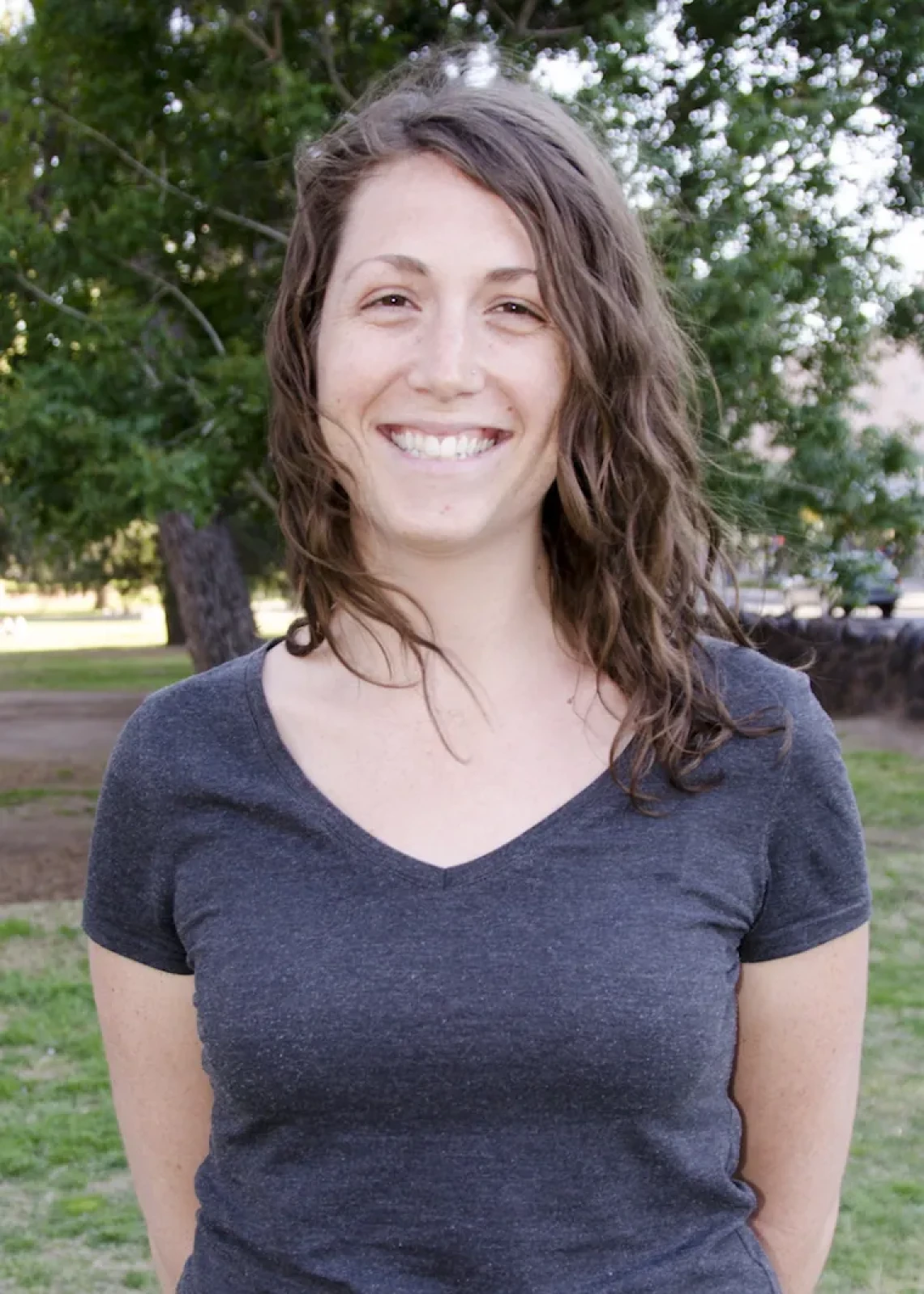
|
Eric Magrane used funding from the Rafe Sagarin Travel Grant to support his field research in the Sea of Cortez - an area that was very special and important to Dr. Rafe Sagarin during his lifetime. Eric worked with Maria Johnson (Prescott College Conservation Fellow) to co-produce an art-science project that examines by-catch in the shrimping industry. | Image
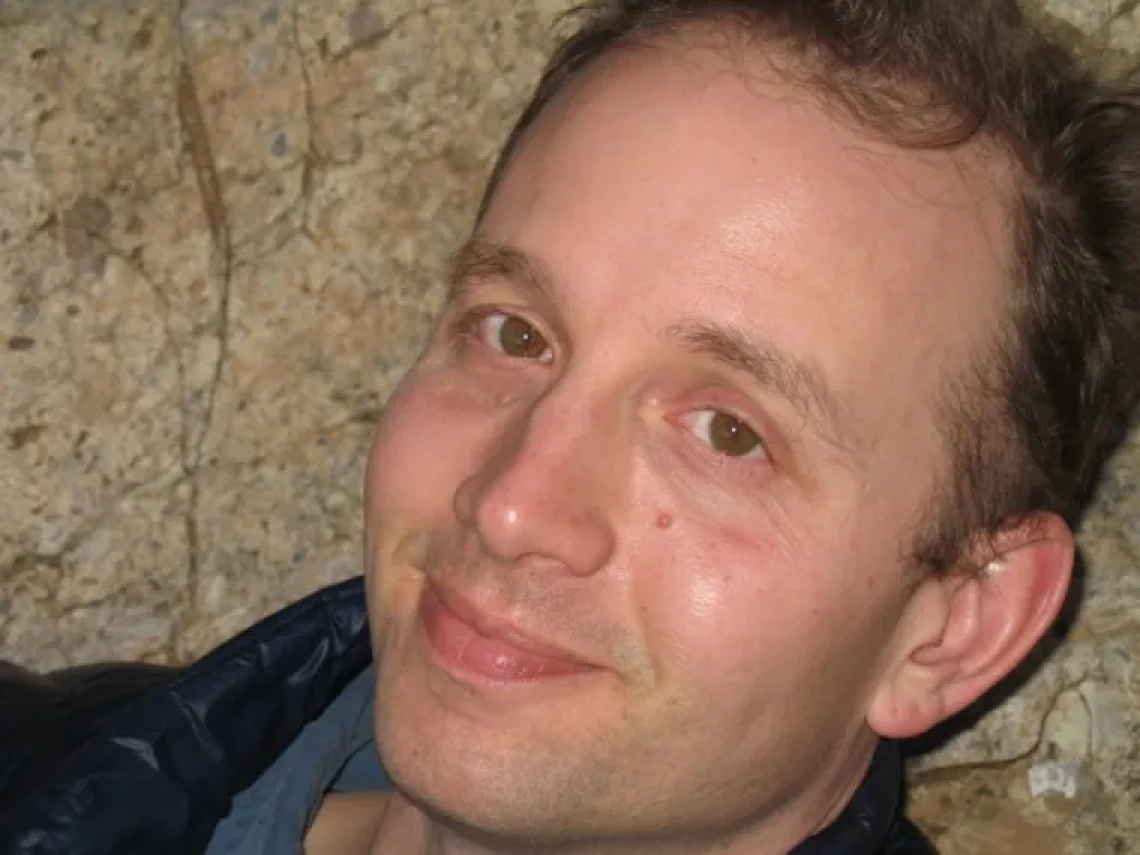
|
Laurel Bellante, a former mentee of Dr. Rafe Sagarin, studied how small farmers in Chiapas, Mexico are impacted by and respond to "double exposure" to climate change and neoliberal policies. Laurel used her Rafe Sagarin Travel Grant funding to go back to Chiapas after conducting research to present her findings, gather feedback, and workshop Spanish publications with her Mexican collaborators. | Image
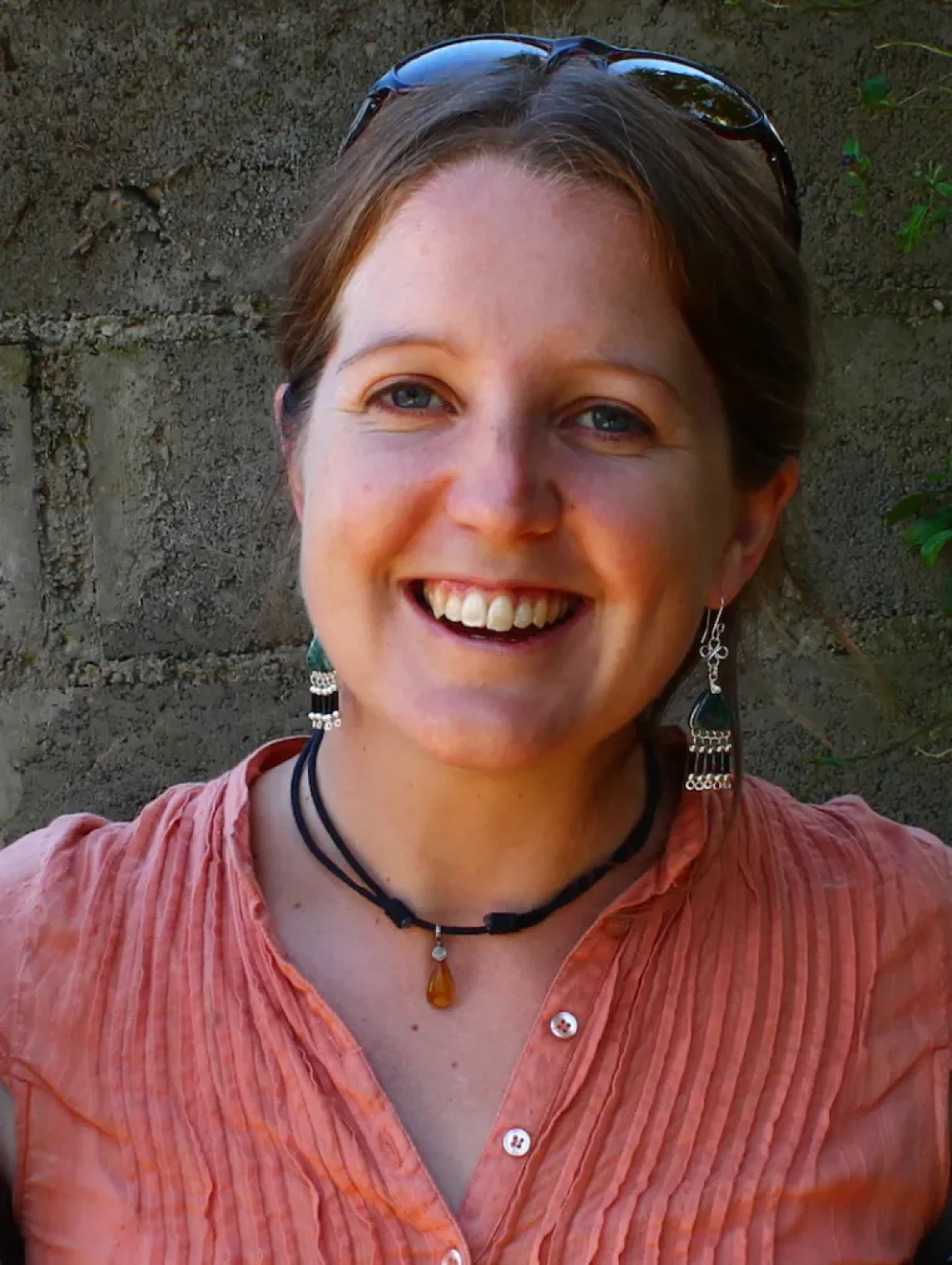
|
Saleh Ahmed's dissertation research focused on how sea level rise, cyclones, coastal flooding, and storm surges affect low-lying coastal areas - particularly in Bangladesh. Saleh used funding from the Rafe Sagarin Travel Grant to travel to Bangladesh where he was able to learn about local socio-environmental challenges and gain insights on how local societies adjust to disruptive weather phenomena. | Image
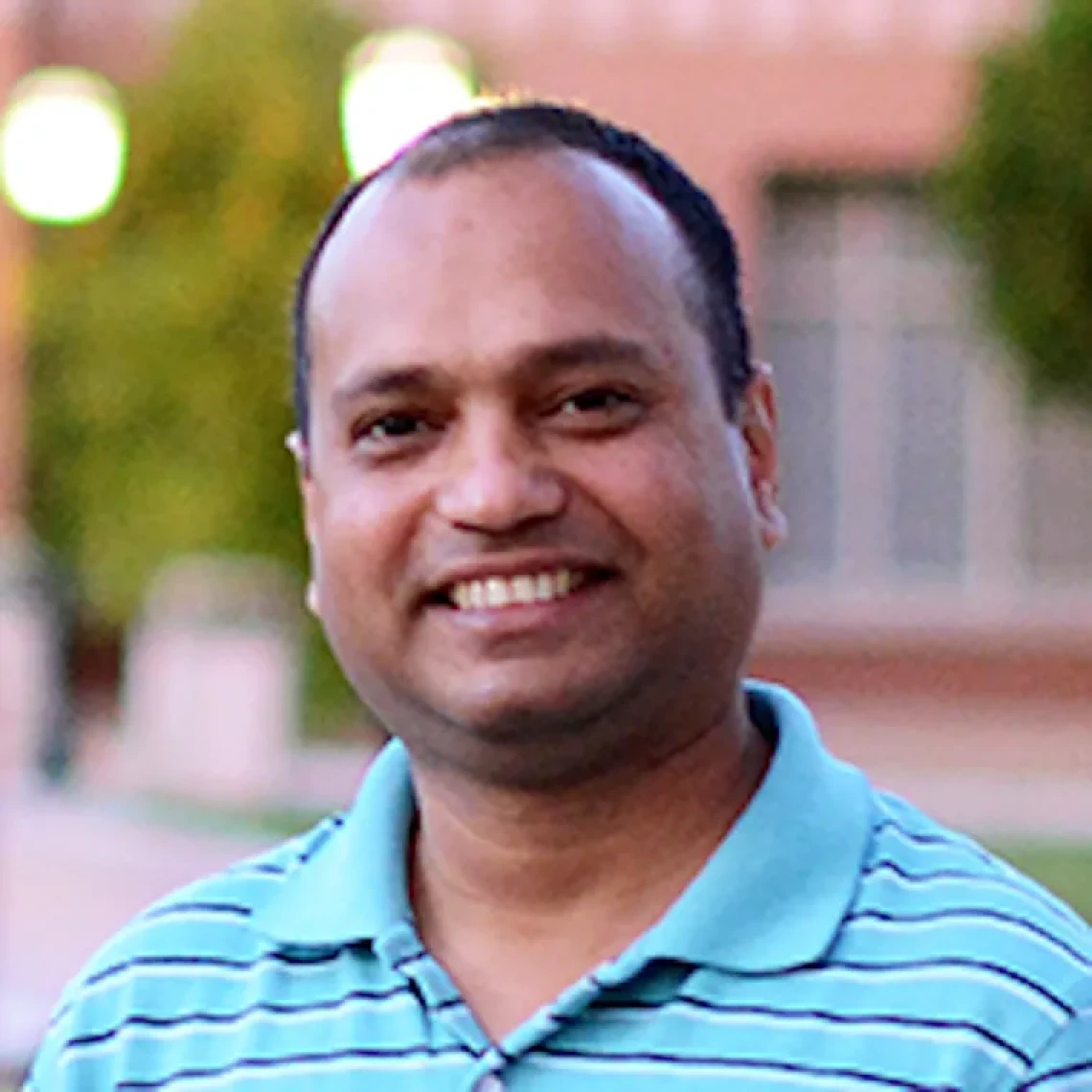
|
Nupur Joshi traveled to Nairobi in summer of 2018 for two months to conduct scoping research in informal "slum" settlements of Mukuru located on the eastern edge of Nairobi to understand water supply infrastructure in the area. She conducted field research and interviews with women, non-profit groups, Nairobi government officials, and the cartels themselves to understand the improvised water networks in Mukuru. | Image
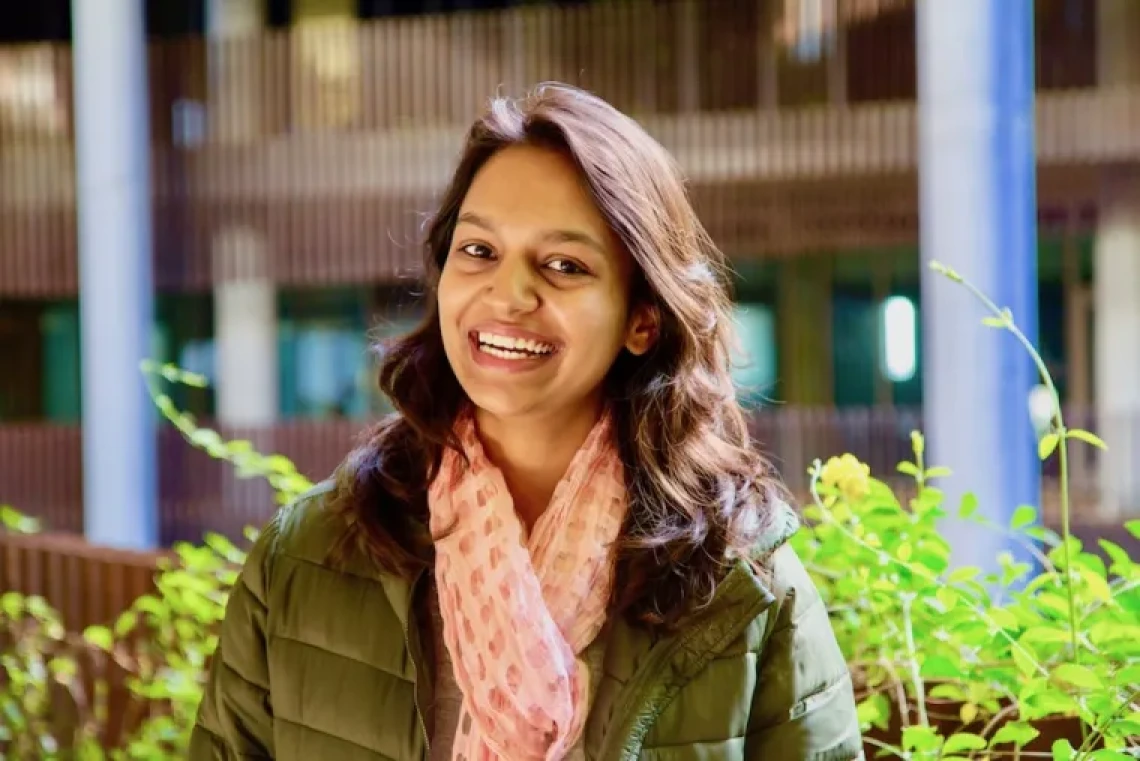
|
Hannah Hindley studied relationships between diverse people and changing landscapes during her time as a MFA student in the University of Arizona's Creative Nonfiction program. Hannah used her Rafe Sagarin Travel Award funding to travel to the community of Kennecott/McCarthy in the heart of Alaska's Wrangell St. Elias National Park. During her travels, Hannah listened to a talk by visiting scientist Mylene Jacquemart, talked to locals about their experiences with glacier fractures, and captured evidence of the effects of climate change in this region. | Image
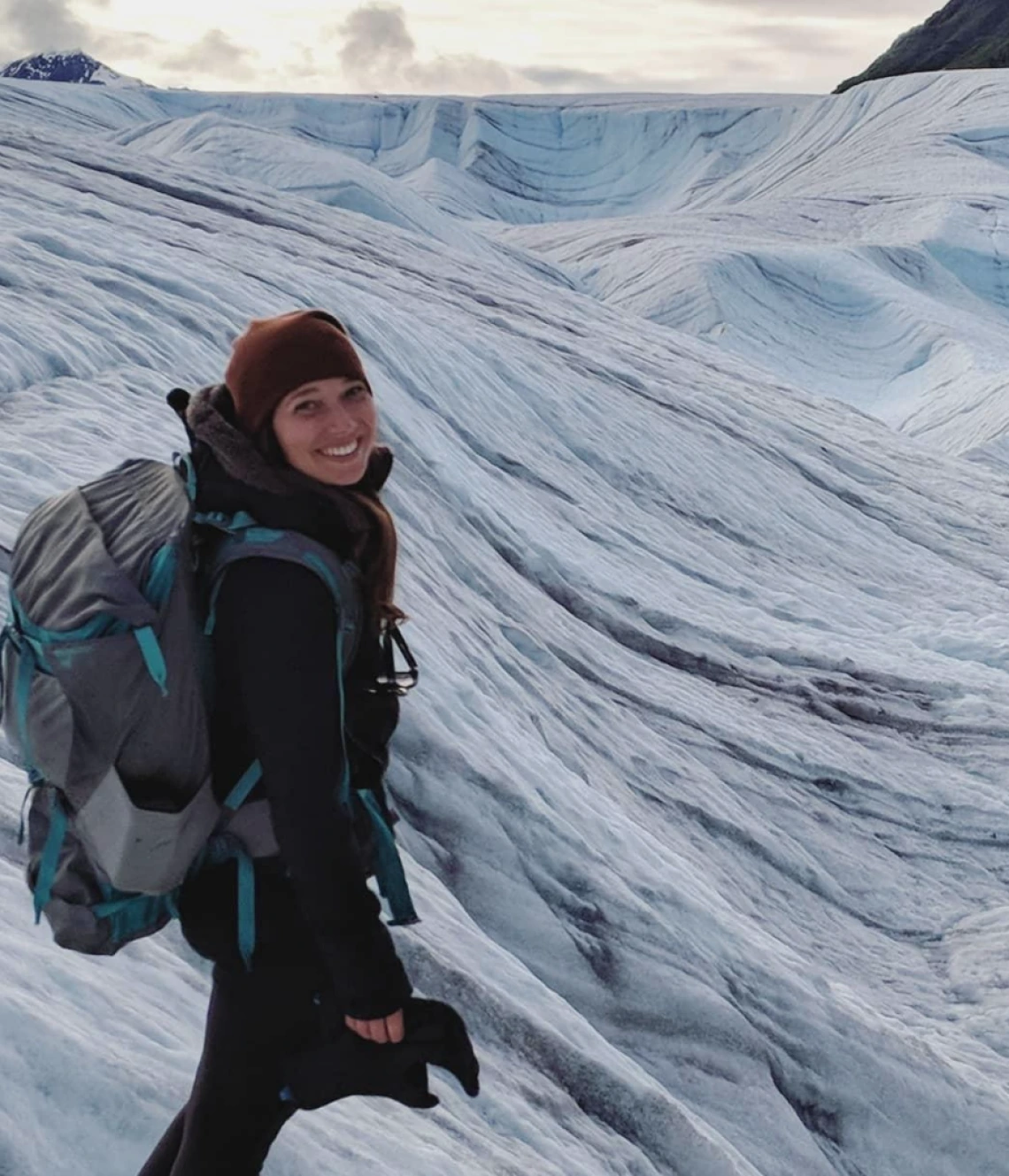
|
Yiyi Huang's dissertation focused on Arctic clouds and radiation and their feedback on Arctic sea ice. She used her Rafe Sagarin Travel Grant funding to pursue an Arctic Ocean expedition in 2019 as part of the Multidisciplinary drifting Observatory for the Study of Arctic Climate (MOSAiC). The results of this study enhanced the understanding of regional and global consequences of Arctic climate change, loss of sea ice, and improved weather and climate predictions for the future of the region. Yiyi was also able to attend several conferences in 2019 where she was able to share the results and impacts of her research with MOSAiC. | Image

|
| Adam Chmurzynski's dissertation research focused on creating new ways of visualizing and interacting with biodiversity data. The Rafe Sagarin Travel Award provided Adam with funding to travel to Guancaste, Costa Rica where he was able to collect data from dry forests, including a large volume of 3D structural data from trees using affordable laser scanning technology. While in Guancaste, Adam worked with El Área de Conservación Guanacaste's (ACG) conservation and outreach programming for k-12 students and community members. | Image
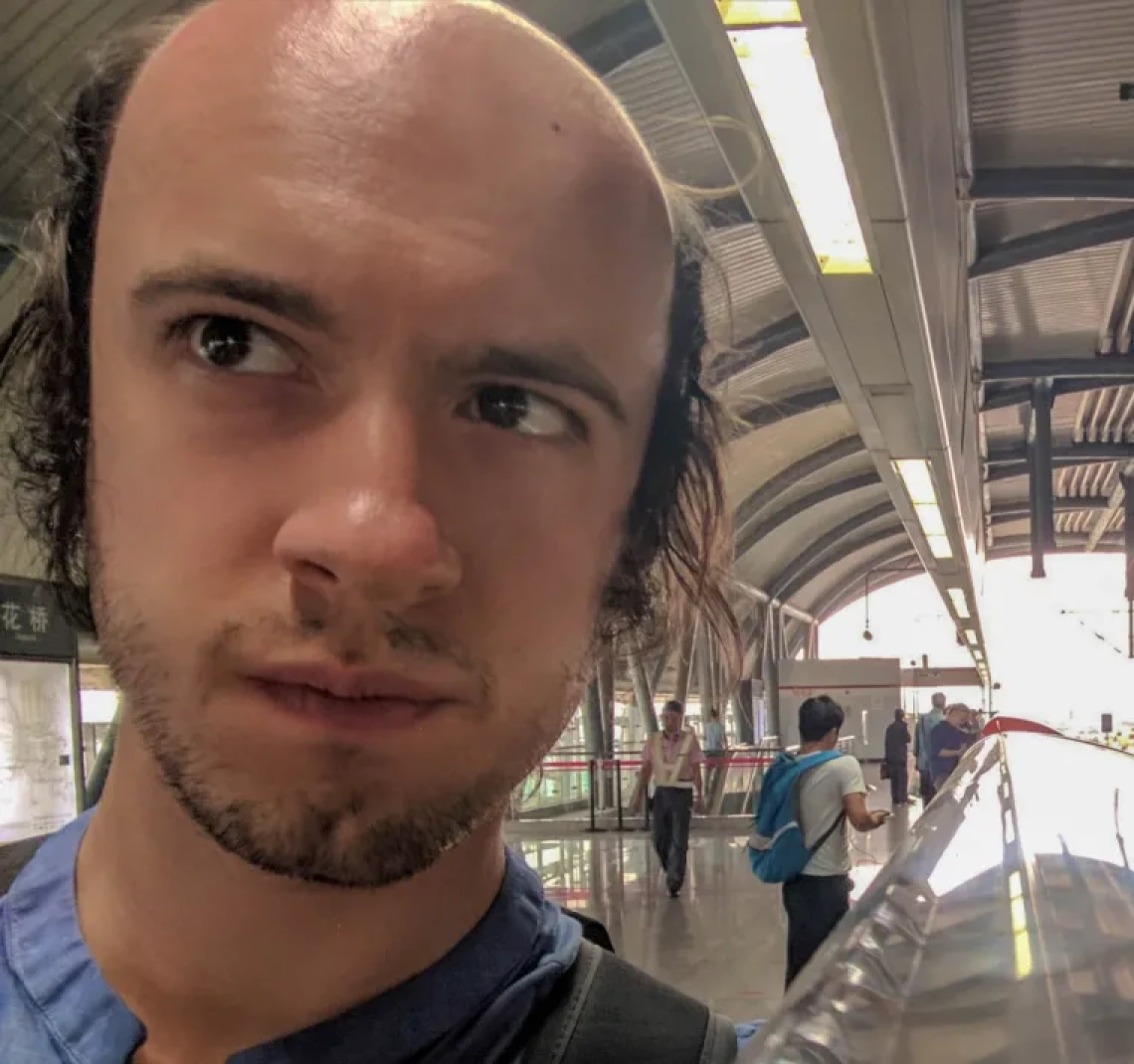
|
| Aniket Dhar is studying the dynamics of the Indian Summer Monsoon (ISM) over the past seven centuries using speleothem (cave formation) to reconstruct monsoon history and find insights into how the ISM may evolve under climate change. In 2025, Aniket will use funds from the Rafe Sagarin Travel Grant to present his findings at the International Conference on Paleooceanography (ICP) in Bengaluru, India. While in India, Aniket will also travel to the Belum caves to collect additional samples that will extend existing paleoclimate records and provide a more comprehensive of monsoon history. | Image
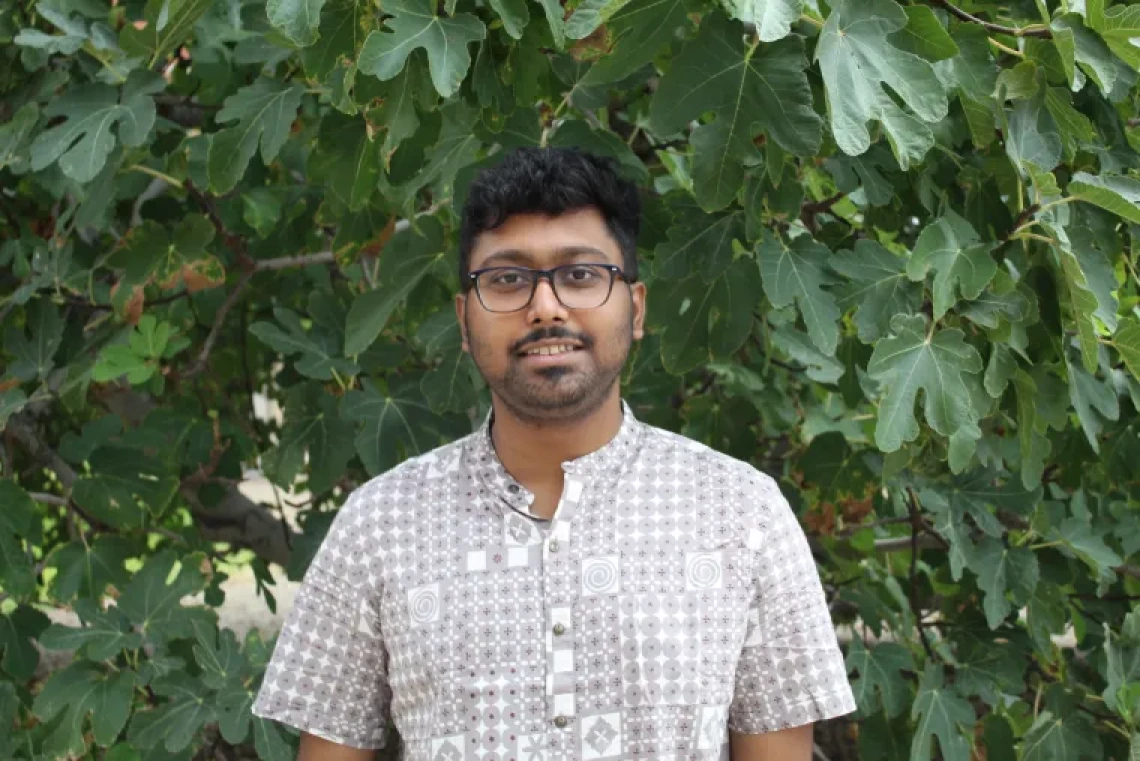
|
| Astrid Liu's research explores the intersections between cultural preservation in Chinese diasporas through food, and the realities of environmental and agricultural justice. Her MFA thesis project is a series of essays on issues concerning the Asian American Diaspora that she intends to publish into a book. Astrid will use Rafe Sagarin Travel Award funding to travel to New York in March 2025 where she will connect with Chinese literary translators and interview nonbinary Chinese speakers who use a variation of Chinese third-person pronouns. Astrid hopes that her book can make academic research around Chinese diaspora more accessible. | Image
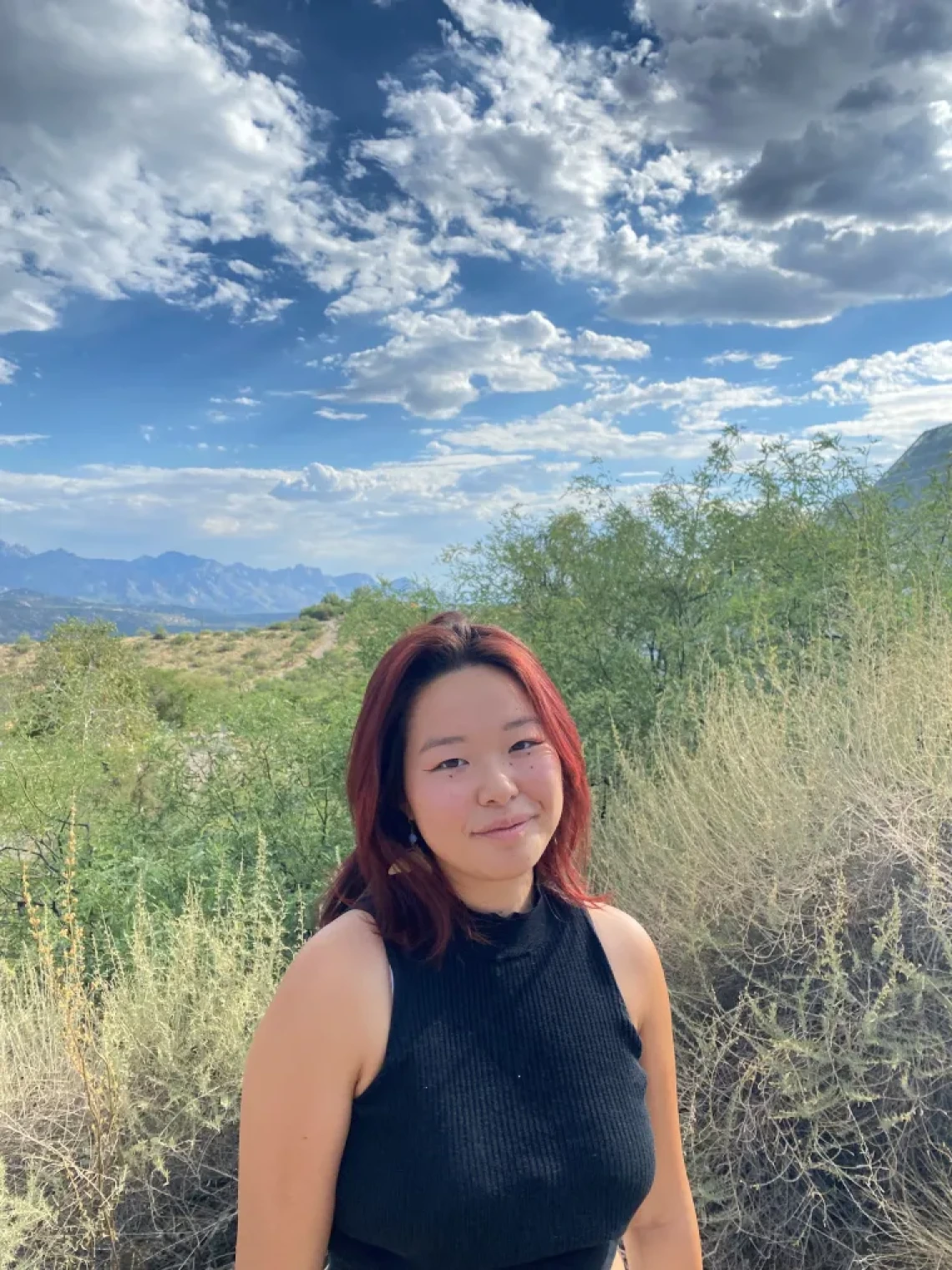
|
| Austin Cruz studies how global warming affects and loss of biodiversity impacts mutualism - interactions between two species where individuals exchange ecological or evolutionary benefits with one another. With funding from the Rafe Sagarin Travel Grant, Austin will travel to Sevilla, Spain in 2025 to organize fieldwork, a working group, and a workshop of leading scientists at the University of Sevilla and Doñana Biological Station. His goal is to develop a research program that he describes as "the ecological interactome", cataloguing and predicting the entire set of biotic interactions of a community at a specific time. | Image
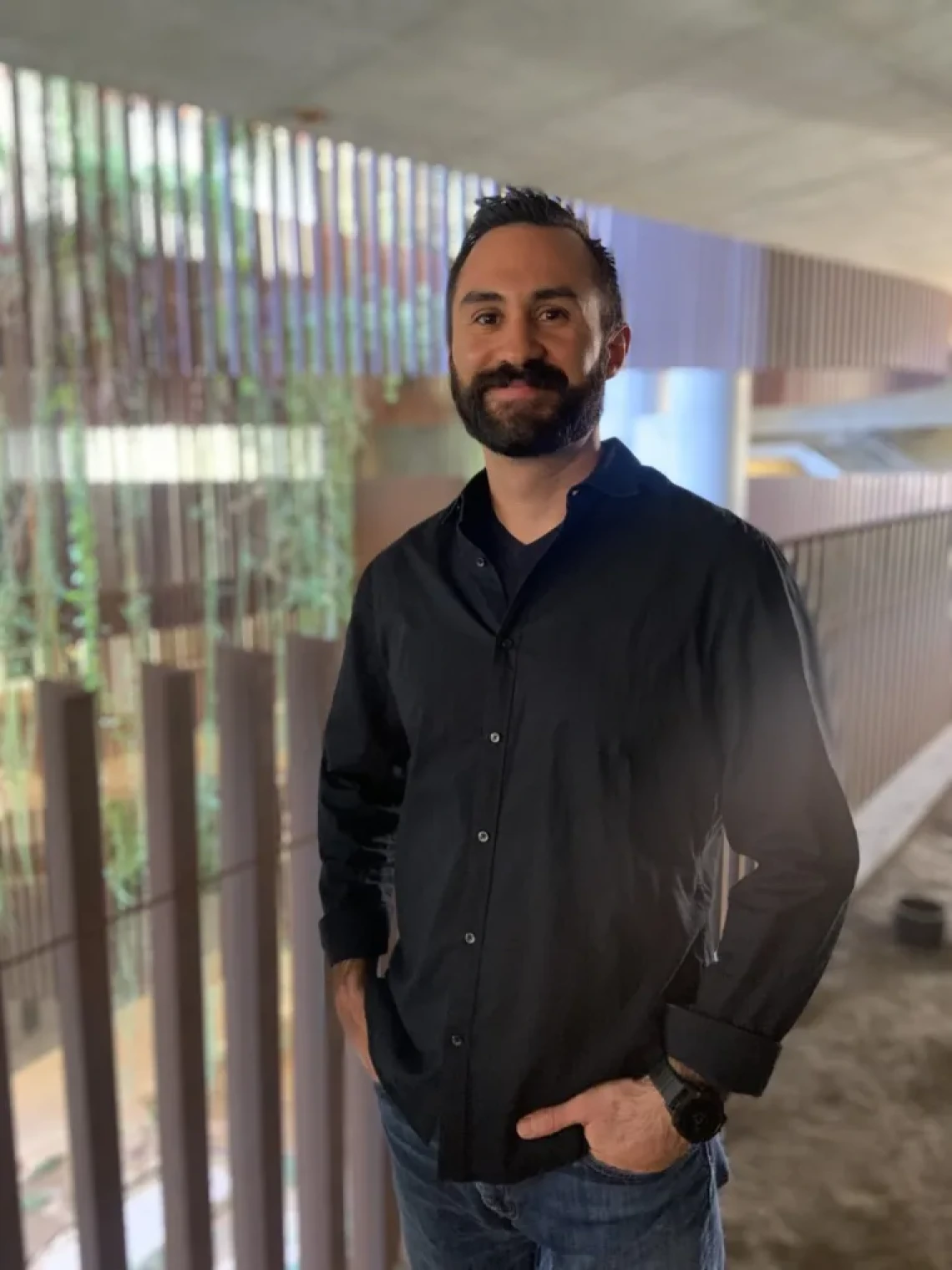
|
| Charlotte Dawson's dissertation research investigates the impacts of wildlife restoration programs on the management of rangelands. Charlotte seeks to understand the effectiveness of the governance and economic structures of wildlife management programs through a case study approach. She will work in two rural communities in New Mexico that manage bison herds to conduct interviews, site visits, and behavioral observation. The Rafe Sagarin Award will support Charlotte in 9 months of qualitative research. | Image
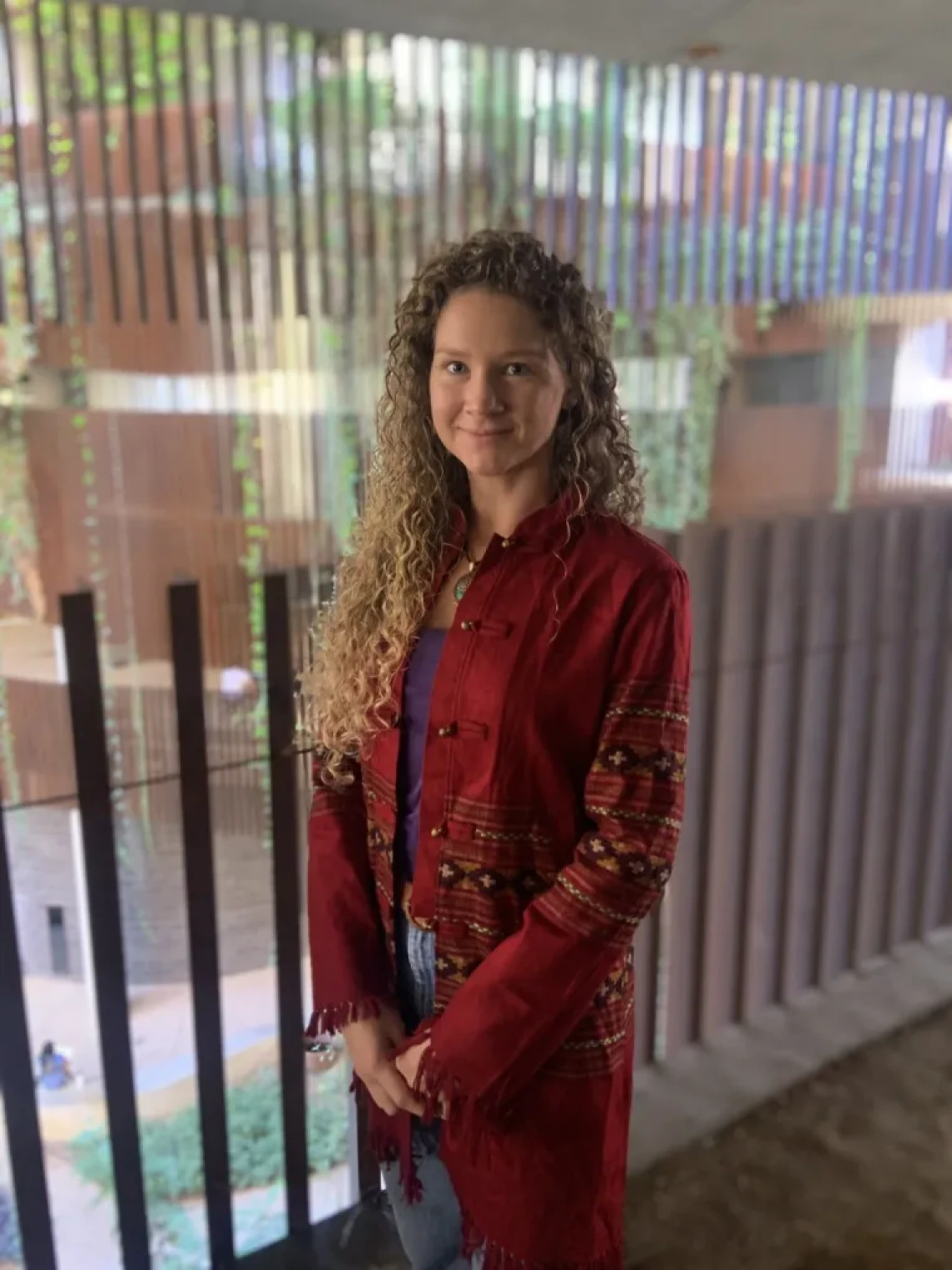
|
| Claire Taylor is an illustrator who finds inspiration through nature and uses her talents to create art that connects people with their natural world. Her MFA project is an illustrated book that incorporates a fictional story about existing as a physical being as told through metaphors using characters of the Sonoran Desert. Claire will be using funds from the Rafe Sagarin Travel Award to support her exploration of the Sonoran Desert and Southwest United States to take reference photos for her paintings, find inspiration for the text of her book, and build connections between her humanity and the natural world. View some of Claire Taylor's art here | Image
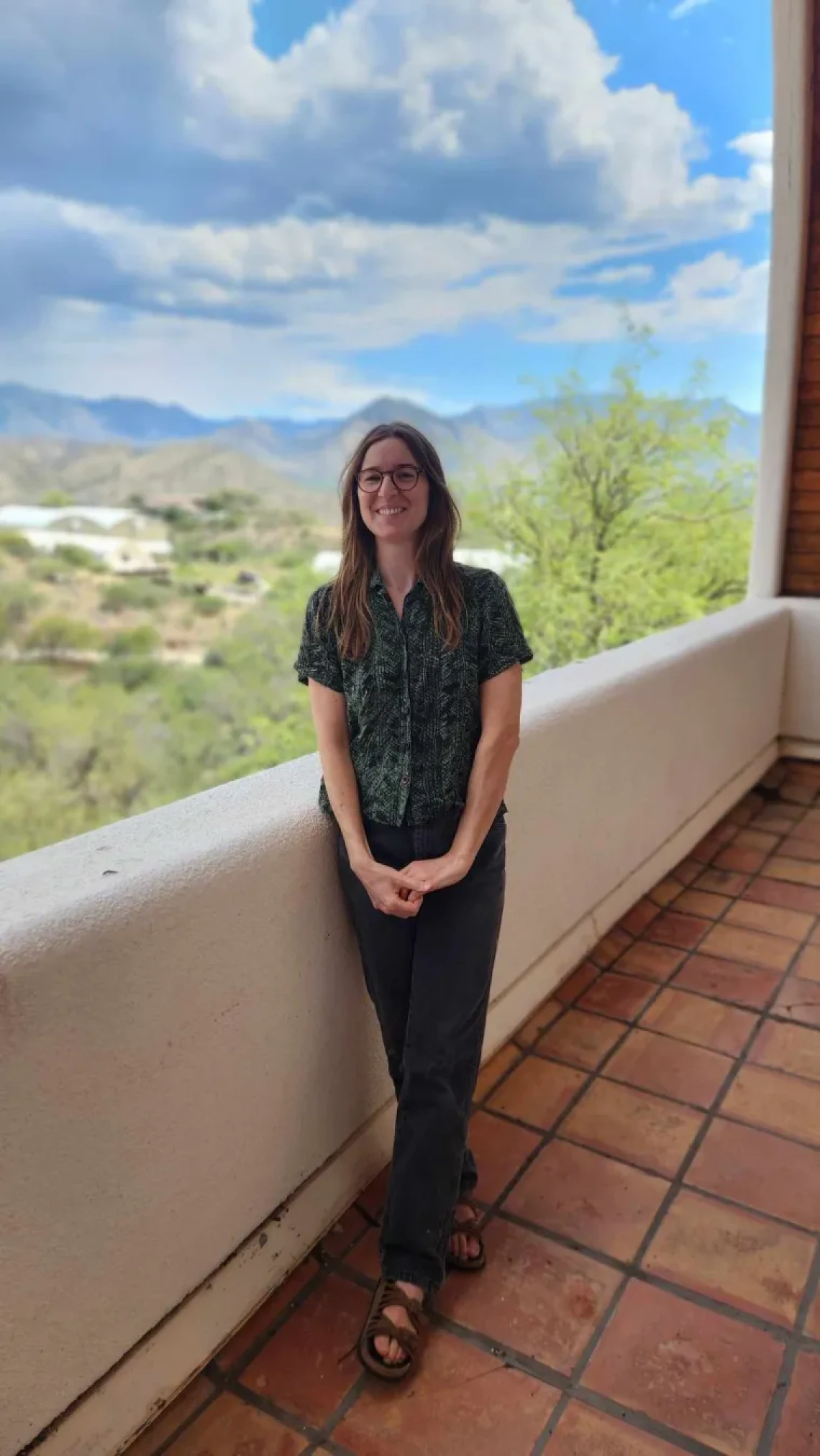
|
Don Unger's dissertation research chronicles the history of mine reclamation on the Navajo Nation from the late 1970's through the 2020's. This story provides a counterpoint to the tragic metanarratives about uranium and coal mining on Navajo lands by documenting practices pertaining to Diné-led mine reclamation at over 1000 sites. Don's work builds upon and critiques scholarly conversations regarding extractions on Indigenous lands while adding to practical narratives that Diné communities need to promote future environmental stewardship. Using funding from the Rafe Sagarin Travel Grant, Don will travel to the Navajo Nation to deliver his final research reports to the Diné stakeholders at the Navajo Abandoned Mine Lands Reclamation Department with whom he has been working since 2018. He plans to help disseminate the findings of his research to both academic and popular audiences.
| Image
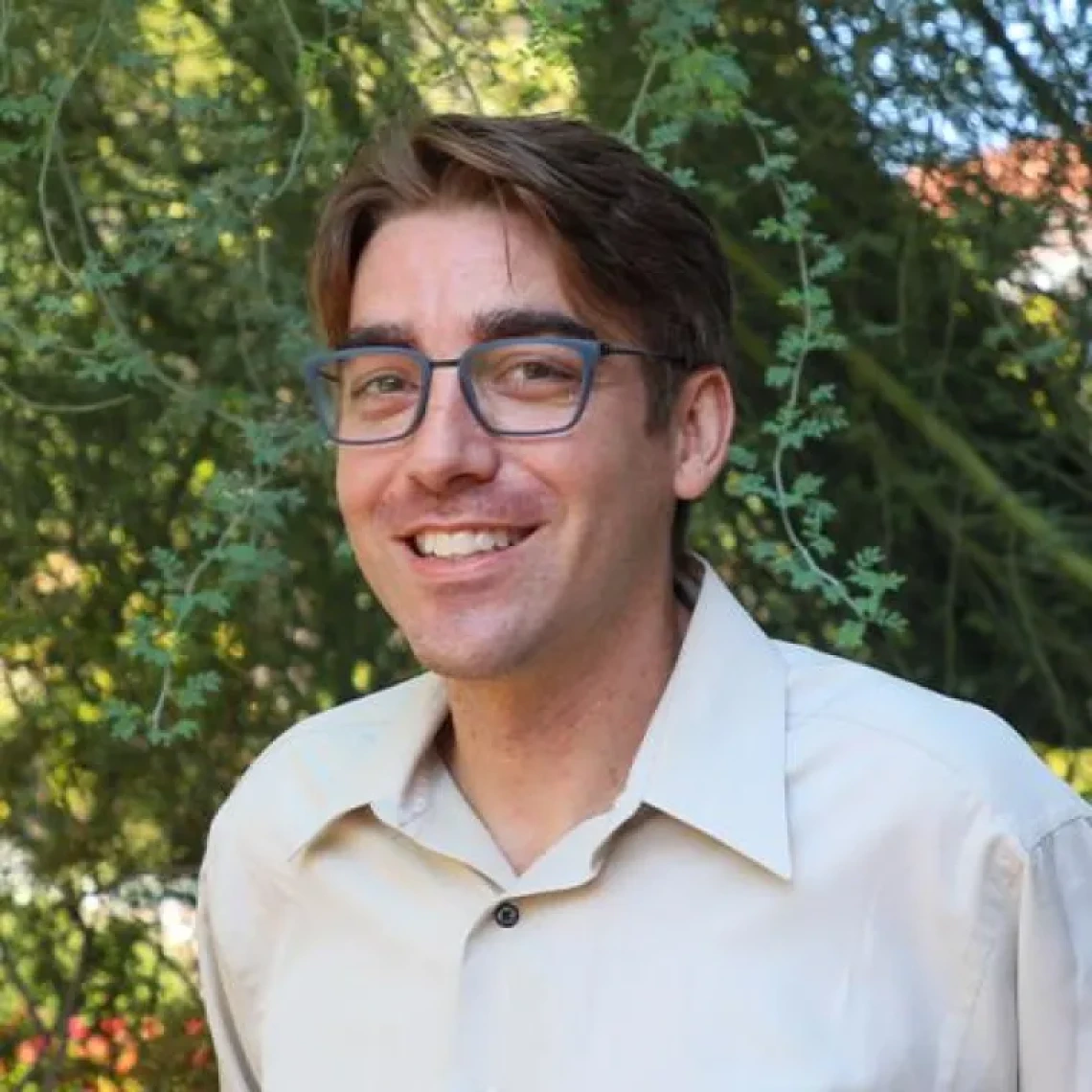
|
Emily Waggoner's research explores how riverine ecosystems may resist or adapt to Organophosphate esters (OPEs) - human-made chemicals used in plastic production - in waterways. Emily will be using Rafe Sagarin Travel Grant Funding to collect data measuring OPE levels and bacterial community health, structure, and function. In addition to this field research, Emily and her team are expanding the outreach component of their project to Mansfeld Magnet Middle School including two interactive experiences for students: one on chromatography (a technique used to measure OPEs) and another on monitoring river health. These interactive experiences can bring her research into classrooms and community events, inspiring a future generation of environmental stewards. | Image
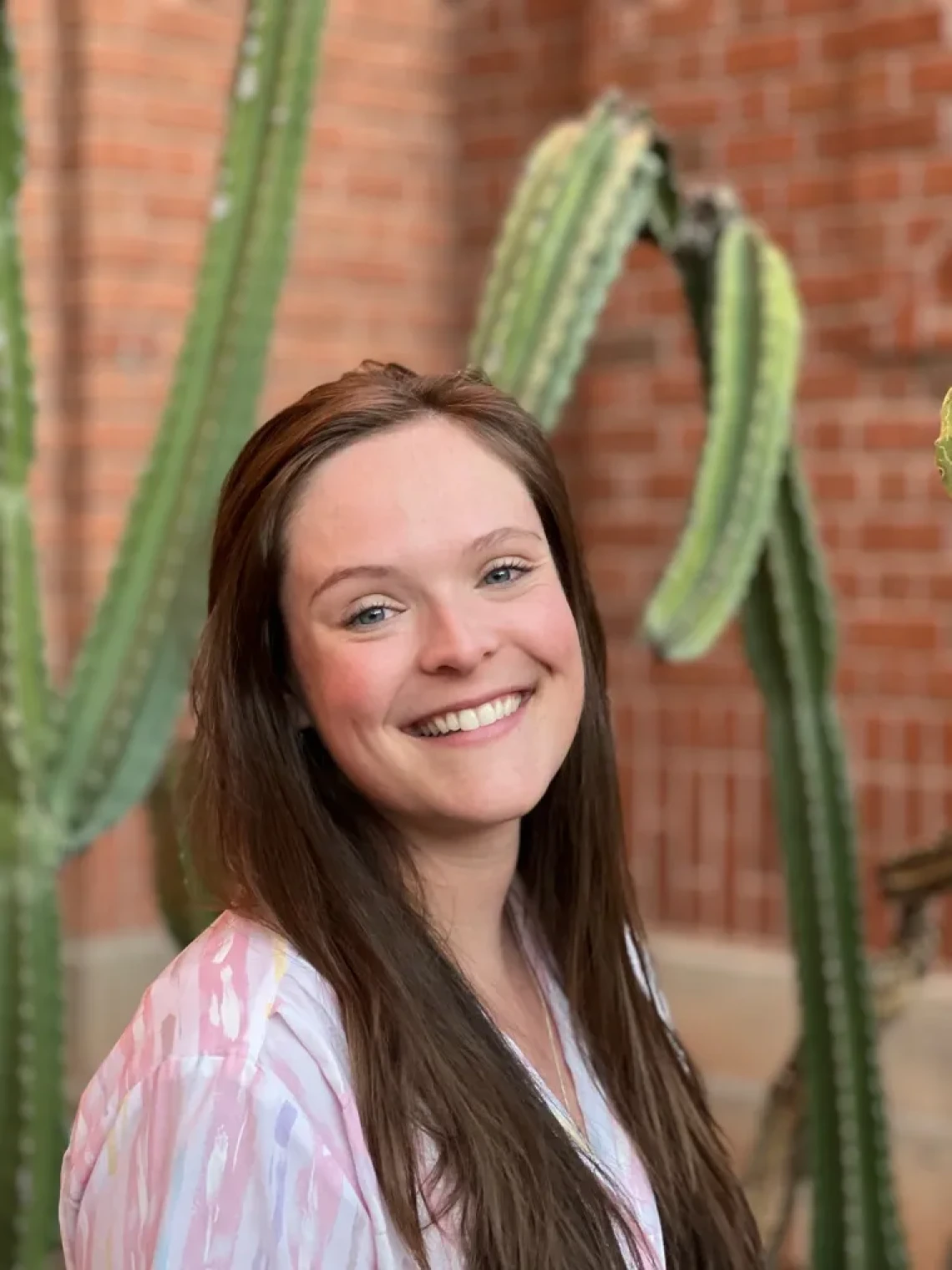
|
| Godsgift Chukwounye's PhD research is at the intersection of environmental contamination and public health focusing on the health effect of heavy metal contamination in indigenous and mining communities in Nigeria. With support from the Rafe Sagarin Travel Grant, Godsgift will be traveling to Nigeria where she will use peer-reviewed, cost-effective DIY lead testing kits developed through a collaboration between University in Troy, NY and the Ramirez-Andreotta Lab at the University of Arizona. In addition to helping Godsgift gather research data, these DIY kits will also empower locals in the community to monitor heavy metal poisoning in their environments. This work will lay the foundation for community-led environmental health initiatives, improving resilience against future contamination and fostering environmental justice in vulnerable areas. | Image
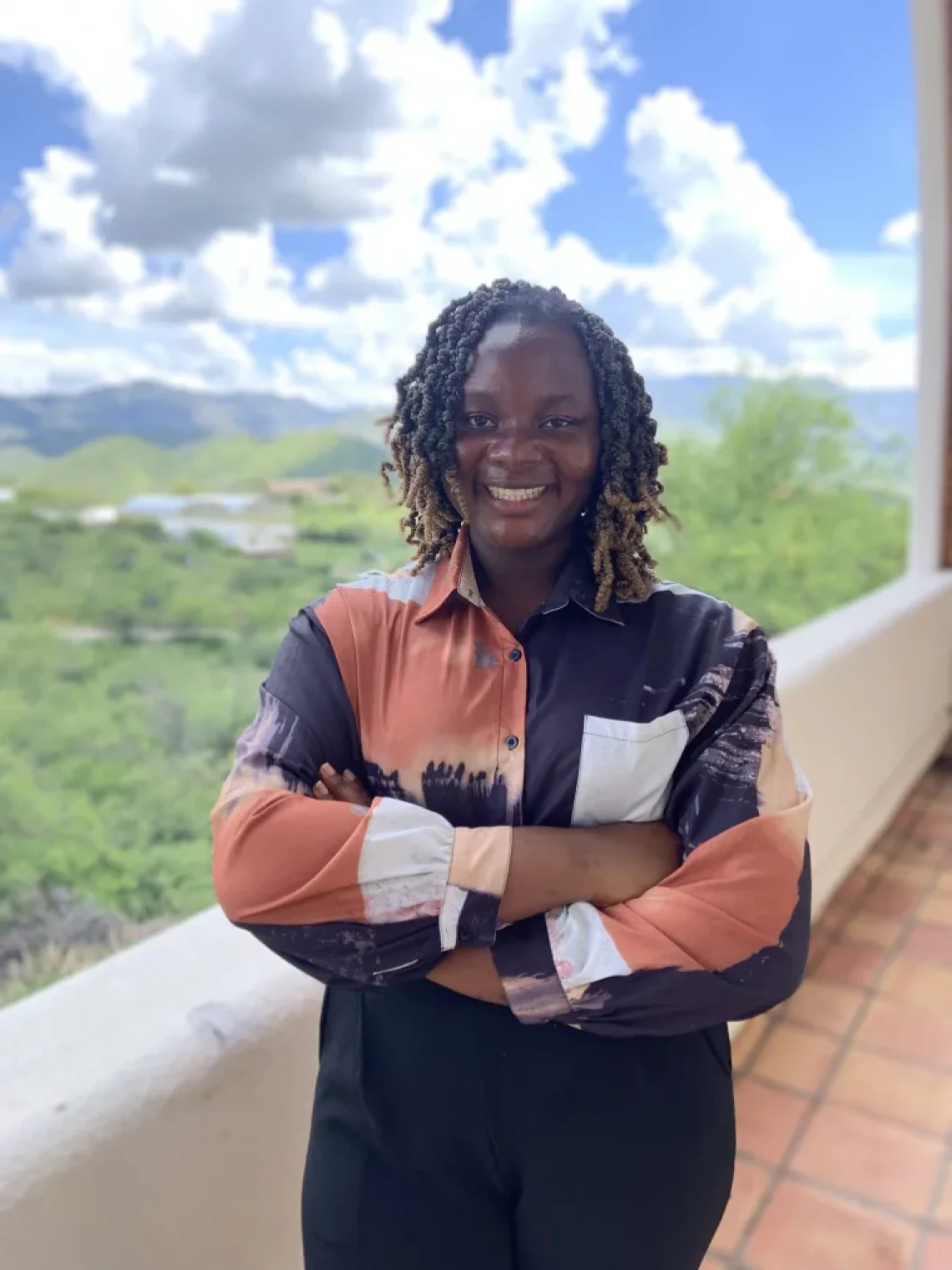
|
Hannah Friedrich's research is motivated to advance how remotely sensed satellite imagery can document the unequal impacts of extreme climate events and their aftermath. Hannah uses satellite imagery to monitor urban damage and recovery following tropical storms and floods. She links this data with federal disaster relief spending to see where inequities lie. The Rafe Sagarin Travel Grant is supporting Hannah's travels to Lake Charles, LA where she will present her research findings in a public lecture hosted at McNeese University. She will also be attending Winter School Explorations in Critical Legal Geographies in Verona, Italy in January 2025. Attending the Winter School will allow Hannah to share her research with cross-disciplinary scholars internationally and workshop new ways of communicating her research and its impact. | Image
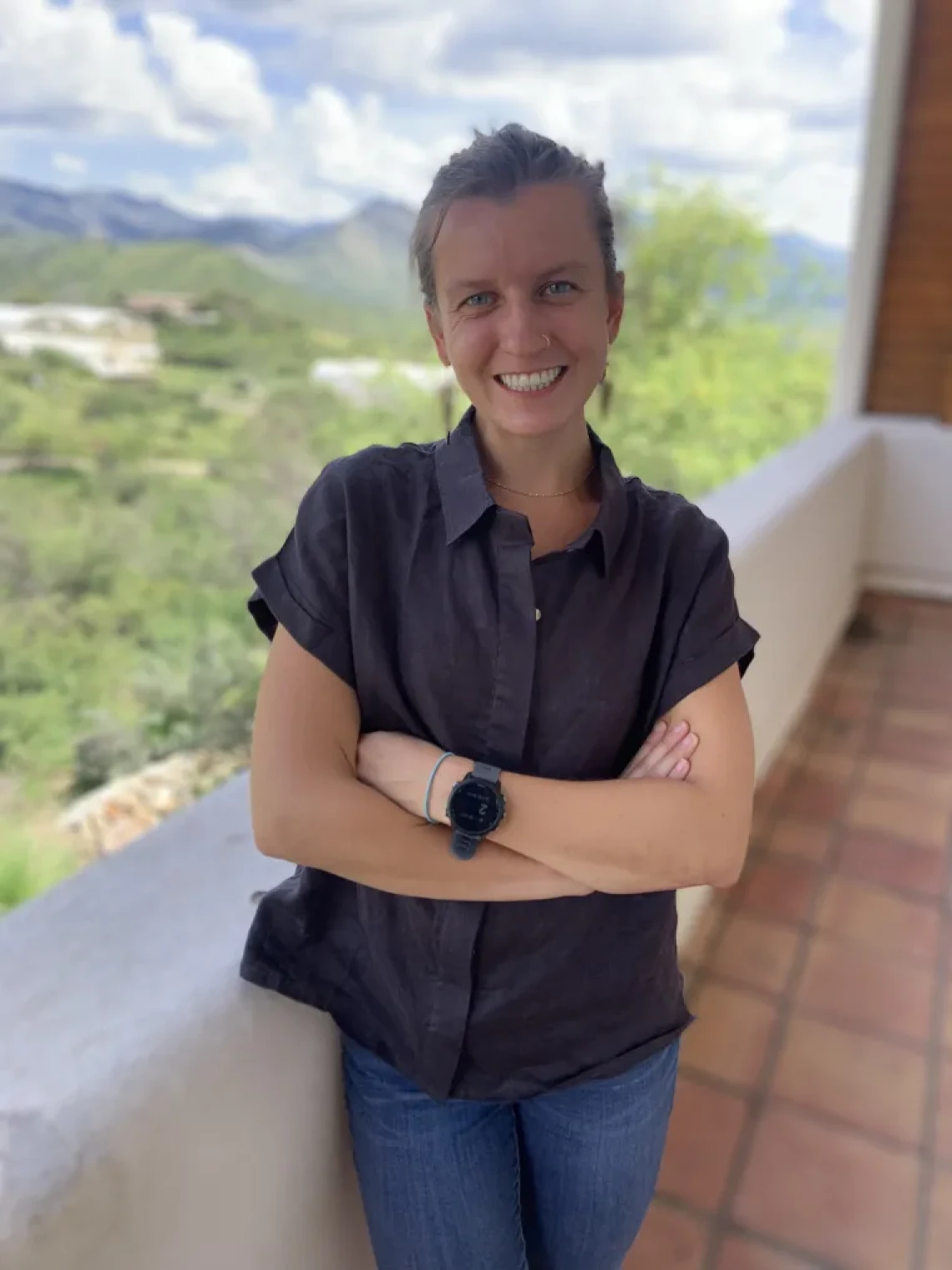
|
| Kira Harris' Ph.D research works to uncover the history of precipitation in the North American Southwest using biomarkers in different environmental archives such as fossilized packrat nests known as "middens." Fossilized honey mesquite leaf wax in the middens can be compared to modern mesquite leaves to extract the history of monsoon changes in the region. Kira will be using funds from the Rafe Sagarin Travel Grant to collect data from mesquite leaves from Yuma, AZ to Carlsbad, NM. She will be doing several rounds of sampling to get a robust dataset for her research. | Image
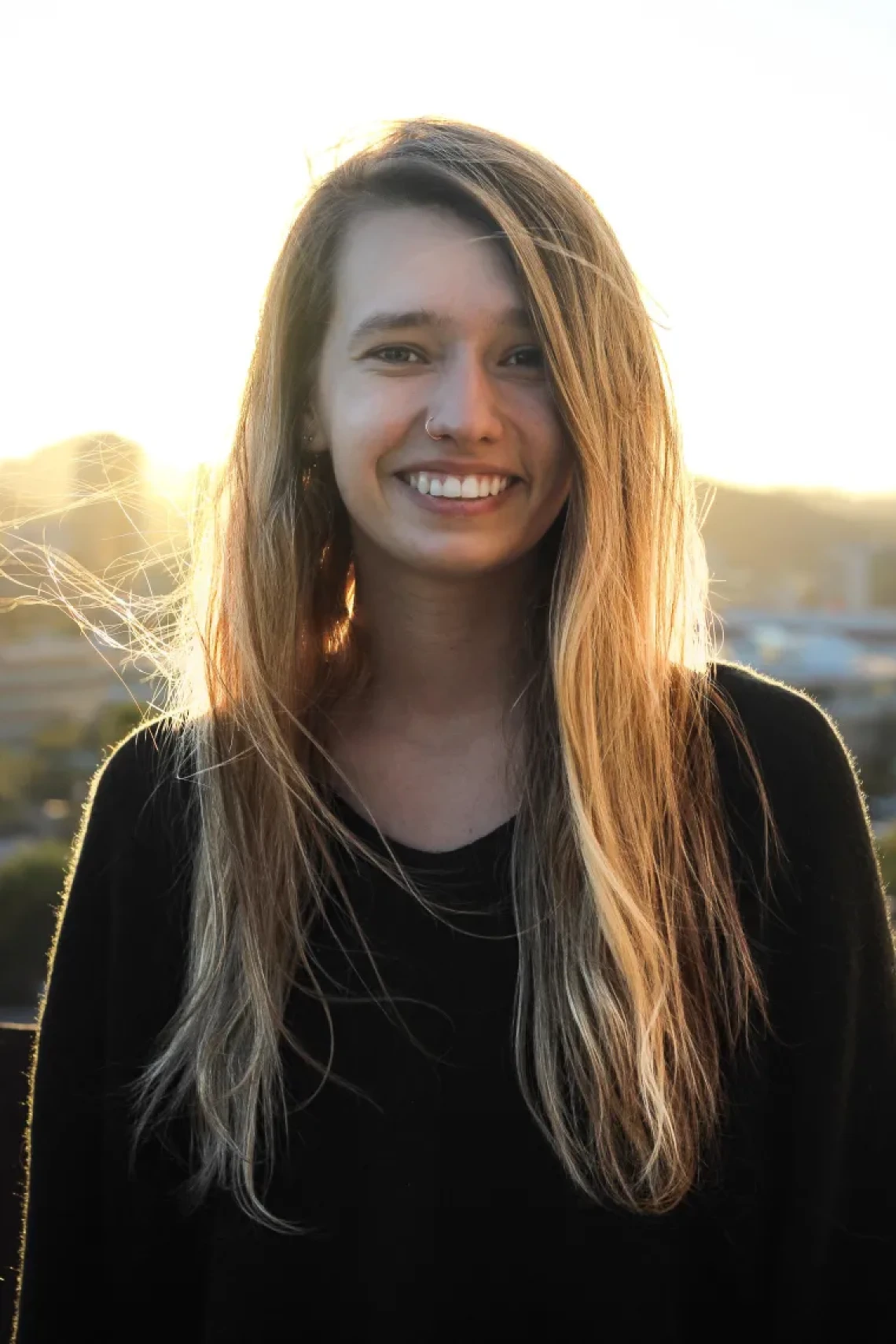
|
Savannah Fuqua's Ph.D research looks at the impacts that invasive plants in coastal sand dunes have on arbuscular mycorrhizal fungi (AMF) - root symbionts that provide critical benefits to plants such as increased access to limiting nutrients and protection from harmful pathogens. To investigate whether AMF community changes affect native dune plant-AMF interactions, Savannah will be conducting a greenhouse experiment at the University of California - Santa Barbara with funding support from the Rafe Sagarin Travel Grant. This experiment will allow them to address a critical gap in the foundational knowledge of plant-AMF interactions. | Image
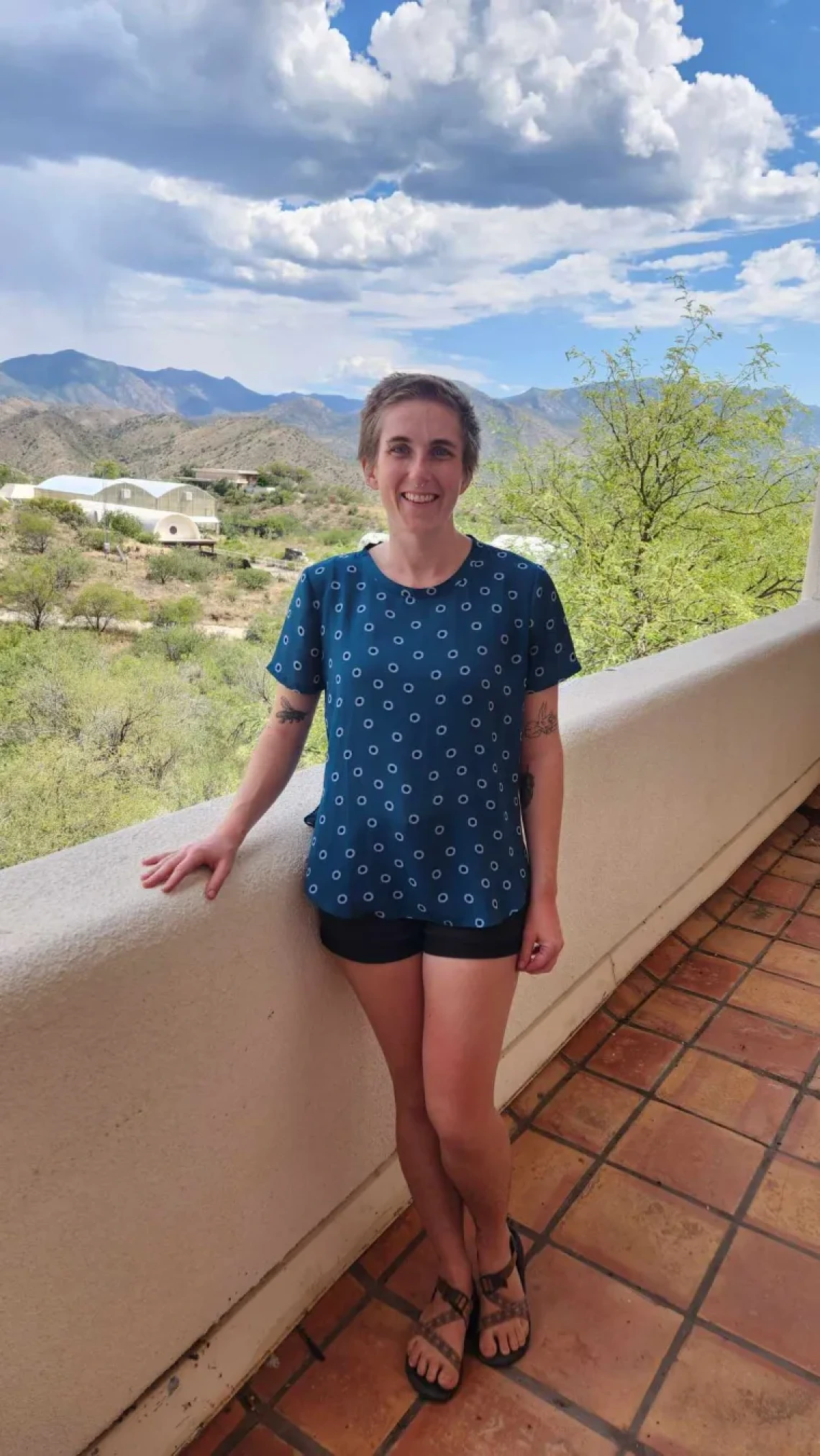
|
Taiwo Ajayi's Ph.D research investigates the interplay between the North American Monsoon and ozone production and pollution in Tucson, AZ where natural and anthropogenic influences significantly impact air quality. Understanding the dynamics of ozone during the monsoon season can yield insights for effective pollution mitigation techniques. With support from the Rafe Sagarin Travel Grant, Taiwo will be attending the American Geophysical Union (AGU) conference in Washington DC in December 2024 where he will be presenting his research to a large international audience of scientists, educators, policymakers, journalists, and communicators. | Image
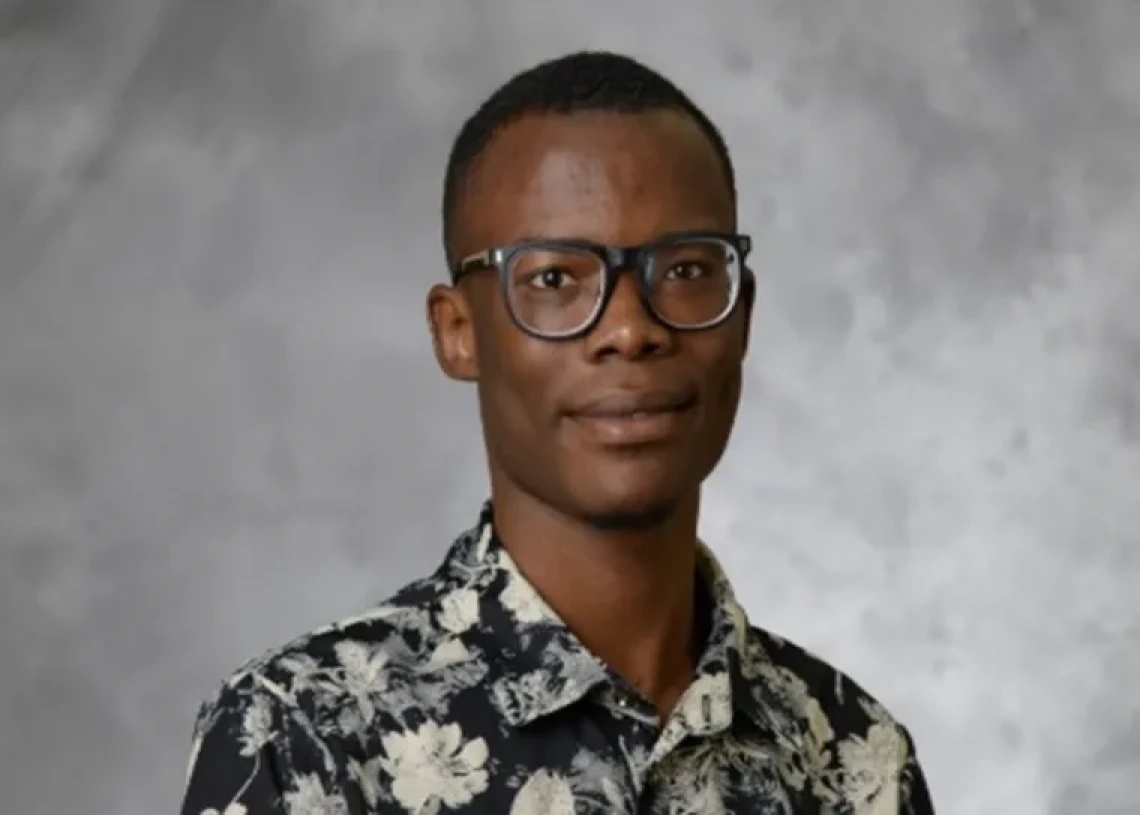
|

![[sitename] | Home](/sites/default/files/AIR_Ed_Ini_Carson_Webheader2.png)